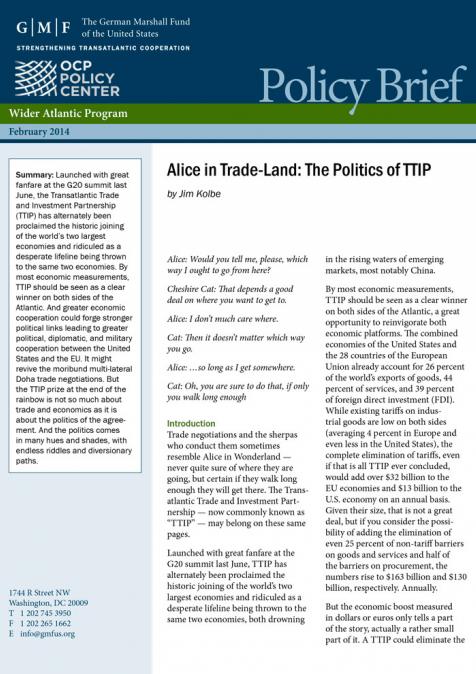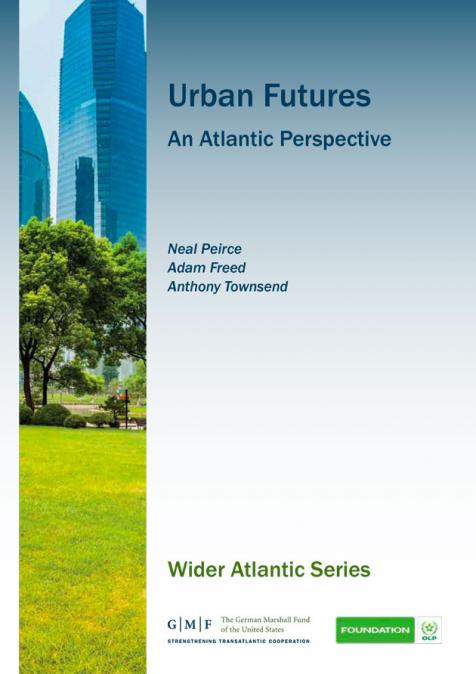Moderator
- Zeinab Badawi, Director, Kush Communications
Speakers
- Durotoye Oluwatosin, Consultant Strategist, Founder, Bloom Africa
- Barreto Ana Paula ; Intern - Gender, Human Rights and Advocacy,; United Nations Human Rights Office of the Higher Commissioner
- Wondimu Hallelujah Lulie , Program Director, Amani Africa Media and Research Services
- Vuong Kevin , Executive Lead - International & Lecturer, University of Toronto
- EL Hajji Asmae Social activist and Phd researcher, TIZI - Tariq Ibnou Ziyad Initiative (Morocco)
Speakers

Karim El Aynaoui
Executive President
Karim El Aynaoui is Executive President of the Policy Center for the New South. He is also Executive Vice-President of Mohammed VI Polytechnic University and Dean of its Humanities, Economics and Social Sciences Cluster.
Karim El Aynaoui is an economist. From 2005 to 2012, he worked at the Central Bank of Morocco where he held the position of Director of Economics, Statistics, and International Relations. At the Central Bank of Morocco, he was in charge of the Research Department and equally a member of the Governor’s Cabinet. Previously, he worked for eight years at the World Bank as an Economist for its regional units of the Middle East and North Africa and Africa.
Karim El Aynaoui has published books and journal articles on macroeconomic issues in developing countr ...






EL Hajji Asmae
Social activist and Phd researcher, TIZI - Tariq Ibnou Ziyad Initiative (Morocco)
...







